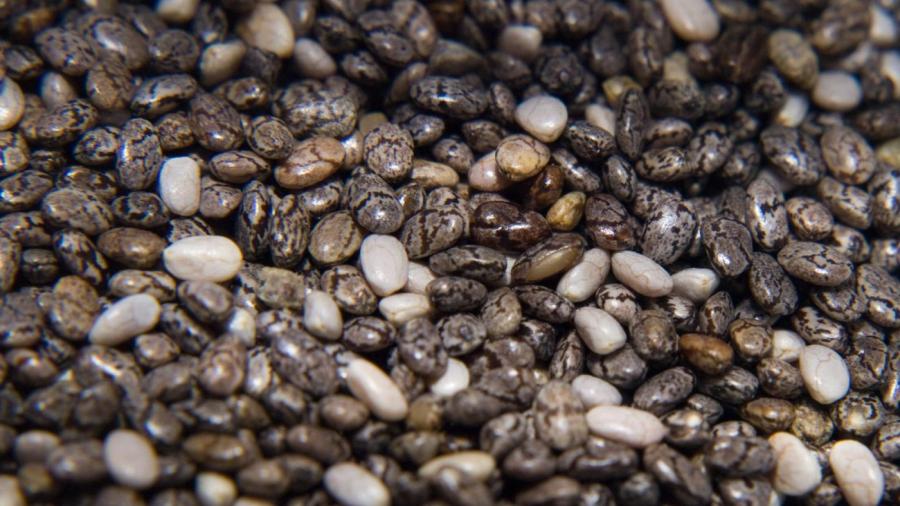What Are the Side Effects of Chia Seeds?

Possible side effects to consuming chia seeds include a drop in blood pressure, allergic reaction and an increased risk of prostate cancer, according to Heal With Food. Because chia seeds contain a large amount of omega-3 fatty acids, they can act as a blood thinner, creating a negative interaction for people taking prescription blood thinners or aspirin that can lead to excessive bleeding.
In some cases, people are allergic to chia seeds and consuming them can cause hives, rashes or watery eyes, according to Heal With Food. In rare cases, some people have a severe reaction to chia seeds that causes trouble breathing and swelling of the tongue. This allergy is associated with a mustard allergy. People who are allergic to mustard or other plants in that family should avoid chia seeds. In other people, chia seeds cause gastrointestinal distress due to their high fiber content.
According to WebMD, the high level of alpha-linolenic acid contained in chia seeds has shown an increased risk for the development of prostate cancer in studies. People with an increased risk of prostate cancer should avoid consuming chia seeds. Because there is little research done on the health effects of eating chia while pregnant or breast-feeding, it is recommended to avoid consumption of chia seeds while pregnant or breast-feeding to prevent possible negative effects.
Chia seeds are small seeds originally cultivated by the Aztecs, and today are used as a supplement to increase omega-3 fatty acid and fiber intake, explains WebMD. These seeds are often taken by patients hoping to reduce their risk of stroke and heart disease, since omega-3 fatty acids and fiber have been shown to decrease the risk of these ailments. Eating 37 grams per day of a particular kind of chia seed known as Salba has been shown to decrease blood pressure. However, not enough research has been done to confirm the best dose of chia seeds. Patients interested in taking this supplement are advised to seek the guidance of a physician in determining the proper dose.





